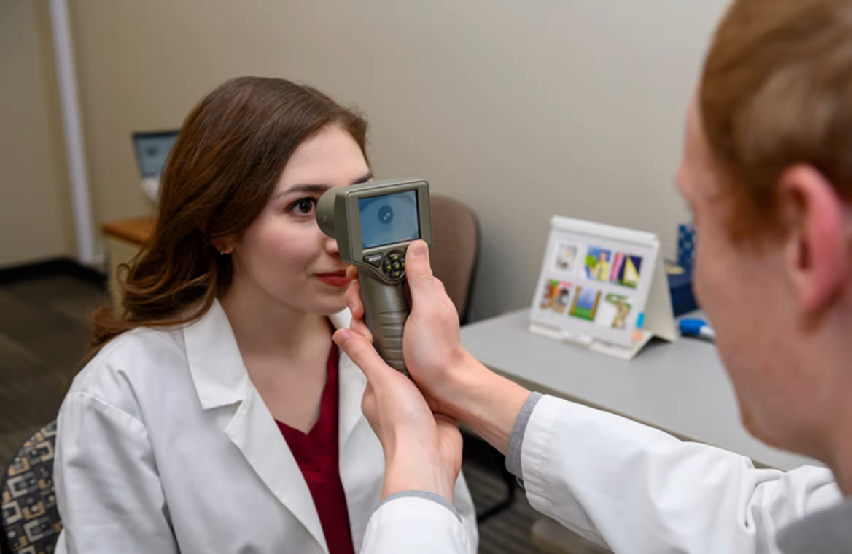Comprehending the complexities of the human body can be very interesting sometimes, as the smallest features might provide crucial information. One example is in the ontological world of our eyes – the pupil. In the domain of medical diagnostics, the assessment of pupillary reaction, otherwise known as pupillary evaluation, has proven to be of great significance in the early identification of neurological disorders.
Understanding Pupillary Evaluation
The pupil, a small, dark circle that may seem like a black void to us, is a dynamic aperture controlled by the autonomic nervous system, which orchestrates the constriction and dilation process to let in more light when needed. When exposed to given stimuli, like a change in light intensity or cognitive tasks, the pupil measurement changes. That is what neuro exam is all about.
Pupil Responses Contribute to the Neurological Assessment Process
Evaluating the pupil response is an irreplaceable and common neurological exam practice. The flexibility of these signals not only in terms of quantity but also in terms of quality, can offer priceless information about the mechanisms of the nervous system. This is because some neurological disorders associated with traumatic brain injuries or neurodegenerative diseases, like Alzheimer’s, can be observed through changes in pupil dynamics.
Neurological Tools: Shining Light on The NPI (Non-Conventional Personal Income)
A Neurological Pupil index (NPI) is rapidly gaining popularity in the medical community – one of the tools used in the diagnosis. Based on highly intelligent algorithms, the NPI measures the dilation of the pupil and its dynamics with reliable accuracy. With the ability to measure parameters such as rate of renal constriction and time of dilatation, the NPI can easily detect subtleties that signify deeper neurological pathology.
The Opportunity for Early Detection
The role of early detection in neurological disorders cannot be overestimated. Some diseases, Parkinson’s disease or MS for instance, are manifested by a very small number of signs which may be hard to identify at the initial stage. Nevertheless, through the evaluation of the pupillary reaction of the patients, health workers can detect early signs of abnormality before the symptoms manifest.
The Role of Pupillary Evaluation in Healthcare in the Coming Days
The growth of technology is always accompanied by a more developed understanding of the human body. In the field of neuroscience, the NPI as a novel diagnostic tool promises great potential and can be integrated into routine clinical practice. Think about a future when a painless test of the pupils can use the information to indicate the presence of neurological disorders in their infancy, which will make the recovery much faster, and the results will be even better.
Challenges and Considerations
Besides that, there are also some obstacles to the integration of pupil exams into primary care. Standardizing protocols, instituting regiments or routines, and training the healthcare profession are just a few of the difficulties that need to be dealt with. On top of this, the line of research needs to be made clearer so as to disentangle all of the diverse neuropsychiatric conditions that can be detected in this way.
Conclusion
In summary, sophisticated eye tests may just be the key to solving so many challenging questions about the depth of the mind. Pupillary assessment, the diagnosis of right or left vision or eye alteration, which was at the beginning considered a part of the “marginal” examination of the brain part, is highlighted as an important screening tool for the early detection of neurological disorders. Through persistent research, cutting-edge technology, and large-scale implementation, pupillary response is set to offer the tools to revolutionize the notion of neurological healthcare. Hence, the next time you find yourself looking into the eyes of another person, always bear in mind that this could, in fact, be a glimpse into their mind.



